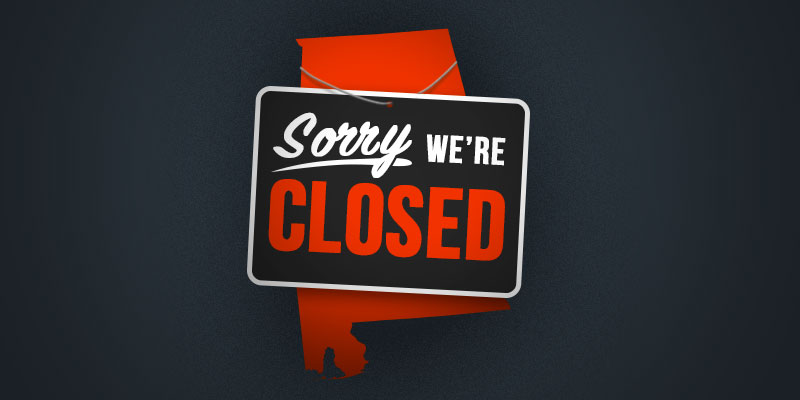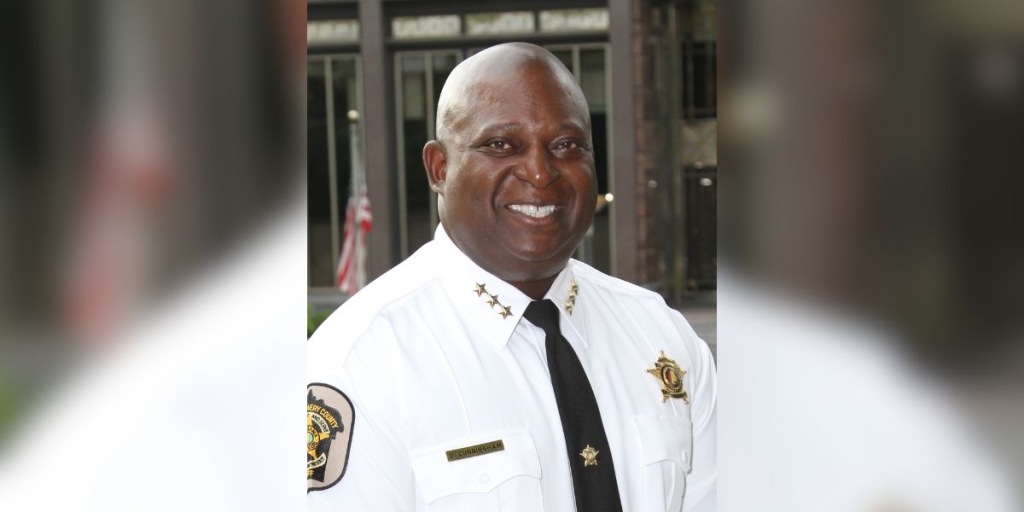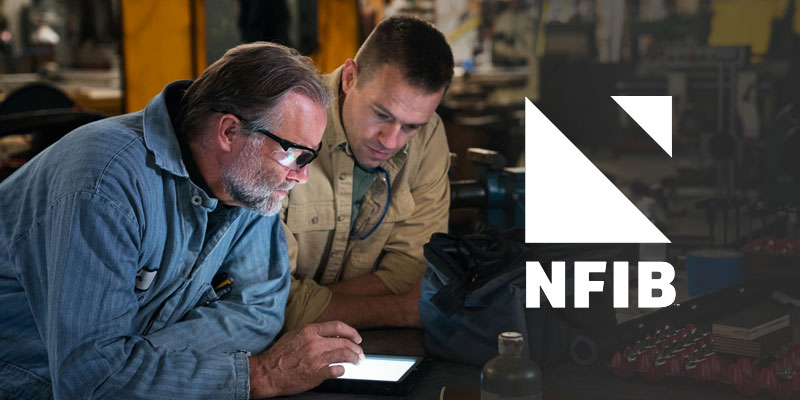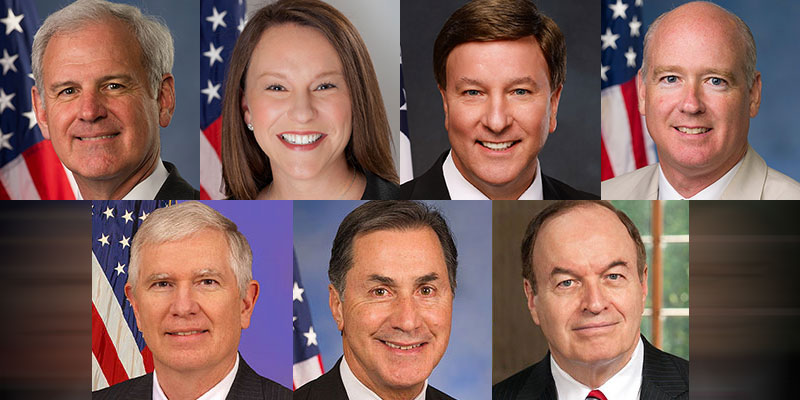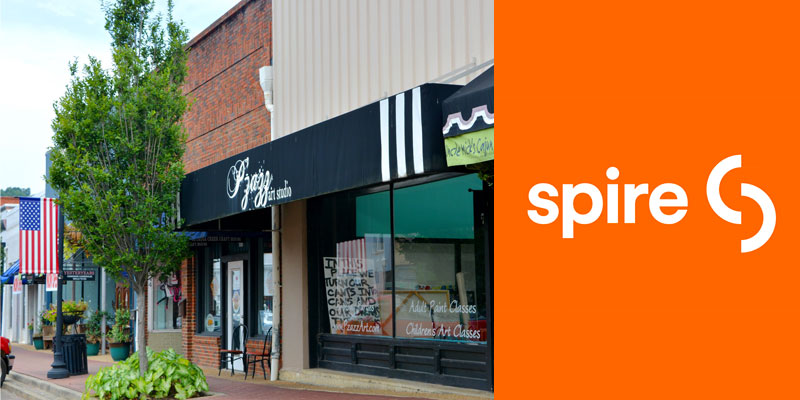In separate social media posts, two Alabama legislators have expressed their belief that Gov. Kay Ivey’s latest order unfairly penalizes the state’s small businesses.
On Friday, Ivey announced an update to her State of Emergency order dealing with the coronavirus (COVID-19). Her updated order requires the closure of non-essential business effective 5:00 p.m on Saturday.
Businesses affected by Ivey’s order fall into one of four broad categories: entertainment venues; athletic facilities and activities; non-essential “close-contact” service establishments; and non-essential retail stores.
RELATED: Ivey orders non-essential businesses shuttered statewide — No ‘shelter-in-place’ order at this time
In a Friday evening social media post, State Rep. Danny Garrett (R-Trussville) outlined his concerns that Ivey’s recent order treated small business differently from national businesses selling the same products.
“I support the Governor’s efforts to make Alabama safer, but the government should not pick winners and losers,” Garrett wrote. “This recent order, in my opinion, is unfair to small business owners.”
At issue for Garrett is the fact that non-grocery items in big box stores are still for sale even though they are considered non-essential items by the state.
“I spoke with the Governor’s office this afternoon and told them that allowing these large out of state stores to operate at 100% and sell all items, while at the same time shutting down small local retailers, was unfair,” he stated.
While indicating similar concerns about the affects on small business, State Sen. Tom Whatley (R-Auburn) emphasized the disproportionate impact of the order on rural Alabama. Whatley chairs the Senate Agriculture, Conservation and Forestry Committee.
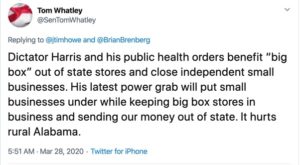
“Rural Alabama cannot go shop in the same way folks in big cities can,” Whatley told Yellowhammer News on Saturday morning. “Walmart and Target they can stay open but local stores that sell a lot of the same items have to close even if they don’t have coronavirus cases in their area. This is incredibly harmful to the independent business owner who supports local charities, goes to church with you and has a stake in your community.”
Whatley has joined the growing chorus of leaders who think the health crisis cannot be separated from the economic crisis.
“Health and economic concerns need to be considered side-by-side in this process,” he explained. “My primary concern is for rural Alabama and the state, so any order that is issued I would want it fairly and equally administered. Right now, orders are being fit for the big metropolitan areas. They are keeping the big, high-traffic places open that need to be closed and at the same time hurting rural Alabama where there are fewer cases and smaller stores.”
Tim Howe is an owner of Yellowhammer Multimedia




